The annual United Nations General Assembly (UNGA) is usually a carefully choreographed affair, with world leaders arriving at the organisation’s headquarters in New York to deliver speeches, a few of which go down in history.
However, United States President Donald Trump’s appearance this time was anything but smooth.
On September 23, a series of mishaps disrupted Trump’s visit: an abrupt escalator stop that nearly caused him and First Lady Melania Trump to fall, a malfunctioning teleprompter at the start of his speech, and complaints about audio issues in the General Assembly Hall.
Trump has claimed these were not random glitches but rather deliberate acts of sabotage aimed at undermining him on the world stage.
The United Nations, on the other hand, has attributed the incidents to technical faults and human error.
The dispute has since escalated into a political controversy that has been dubbed “Escalatorgate” online and in some media reports.
Looking at the “triple sabotage” Trump alleges
On September 24, Trump posted a 357-word statement on his Truth Social platform, detailing his version of events and labelling the situation “a REAL DISGRACE.”
“Not one, not two, but three very sinister events!” Trump wrote, referring to what he views as a coordinated effort to disrupt his appearance.
The first incident occurred shortly after Trump and the First Lady arrived at the UN complex. As they approached the main floor, the escalator carrying them upward suddenly halted.
According to Trump, the sudden stop almost caused both of them to fall forward onto the sharp metal steps.
The dramatic moment was captured on video and widely circulated online. Footage shows Trump and Melania holding the handrails tightly as the escalator comes to an abrupt stop.
After a brief pause, Melania Trump begins walking up the stationary steps, with Trump following closely behind.
In his post, Trump expressed gratitude that neither he nor the First Lady was injured, writing that they had narrowly avoided a dangerous fall.
He later referenced the incident during his UN speech, telling delegates, “If the First Lady wasn’t in great shape, she would have fallen, but she’s in great shape. We’re both in good shape, we’re both still.”
The second issue arose moments later when Trump stepped up to the iconic green marble podium to deliver his address to the General Assembly. He said his teleprompter failed at the very start, forcing him to ad-lib portions of his speech.
“I immediately thought to myself, ‘Wow, first the escalator event, and now a bad teleprompter. What kind of a place is this?’” Trump recounted in his Truth Social post.
The third problem involved the hall’s audio system. According to Trump, many delegates were unable to hear him speak.
After his speech, he asked the First Lady for her feedback, and she reportedly replied, “I couldn’t hear a word you said.”
In his statement, Trump concluded that these three events were part of a deliberate effort to humiliate him. “This wasn’t a coincidence, this was triple sabotage at the UN,” he declared, demanding an “immediate” investigation.
He called on the UN to preserve all security footage of the escalator area and said the Secret Service had already launched its own inquiry.
“All security tapes at the escalator should be saved, especially the emergency stop button. The Secret Service is involved,” Trump wrote.
“The people that did it should be arrested!”
How the UN has responded
The United Nations quickly responded to the growing controversy. Stéphane Dujarric, spokesperson for Secretary-General António Guterres, released a detailed statement describing what happened.
Dujarric explained that as part of the president’s arrival, a videographer from the US delegation was walking backward on the escalator to record footage of Trump and Melania’s entrance.
As the videographer reached the top of the escalator, the First Lady and President stepped on at the bottom. At precisely 9:50 a.m., the escalator suddenly stopped.
A UN technician who was stationed nearby reset the escalator once the group had reached the second floor.
Following the incident, a diagnostic check was performed on the escalator’s central processing unit. According to Dujarric, the investigation revealed that a built-in safety feature known as the “comb step” mechanism had been triggered.
This feature is designed to stop the machine if an object or person gets too close to the gearing at the top or bottom, preventing potential injuries or mechanical damage.
“The videographer may have inadvertently triggered the safety function,” Dujarric said.
While the escalator issue drew the most attention, Trump also accused the UN of being behind the teleprompter failure and the alleged audio problems during his speech.
However, a UN official clarified that the teleprompter used during the president’s address was operated by the White House staff, not by UN personnel.
As for the sound system, the UN explained that speeches in the General Assembly are heard through individual headsets at each delegate’s seat, with simultaneous translations provided in six languages.
Video recordings of the event showed delegates reacting in real time to Trump’s remarks, suggesting they could hear him despite his claims.
Some in the hall even chuckled when Trump quipped during his speech, “These are the two things I got from the United Nations — a bad escalator and a bad teleprompter.”
How the White House remains sceptical
Despite the UN’s explanations, the White House has remained sceptical. Later on September 24, press secretary Karoline Leavitt appeared on Fox News, hinting that the malfunction may have been deliberate.
“If we find that these were UN staffers who were purposefully trying to trip up — literally trip up — the President and the First Lady of the United States, well, there better be accountability for those people. And I will personally see to it,” she said.
Leavitt also posted on X, reinforcing the administration’s stance: “If someone at the UN intentionally stopped the escalator as the President and First Lady were stepping on, they need to be fired and investigated immediately.”
Trump, in his own social media post, pointed to a Times of London report that had surfaced earlier in the week.
According to that report, some UN staff members had jokingly suggested they might shut down escalators and then claim it was due to a lack of funds — a sarcastic reference to US-led budget cuts.
For Trump, this remark was further proof that the incident might not have been an innocent accident.
The video of the escalator stopping spread rapidly across social media platforms, with many users treating it as an amusing clip rather than a serious security concern. Memes and jokes quickly appeared online, often using the hashtag #Escalatorgate.
However, some commentators expressed genuine concern. Fox News host Jesse Watters said on his programme, “They sabotaged him, and they could’ve hurt the First Lady.”
Why this is not a new issue at the UN
While the abrupt stop involving Trump was highly unusual, escalator stoppages at the UN are not unheard of. Staff members have reported similar issues in recent years, often tied to financial challenges facing the organisation.
The UN has been grappling with persistent budget shortfalls caused by delays or reductions in payments from member states, including the United States.
These financial problems have been described internally as a “liquidity crisis.”
To conserve resources, the UN Secretariat has occasionally resorted to temporary shutdowns of elevators and escalators at its New York and Geneva facilities. These measures, while bureaucratic in nature, have sometimes been visible to visitors and staff alike.
The Secret Service has launched an investigation into the events, as confirmed by Trump.
Their focus is expected to include reviewing security camera footage, examining the escalator’s emergency stop mechanism, and interviewing relevant UN staff and White House personnel.
This latest controversy comes amid longstanding friction between Trump and the UN. During his presidency, he has repeatedly questioned US financial contributions to the organisation and pushed for major reforms.
With inputs from agencies


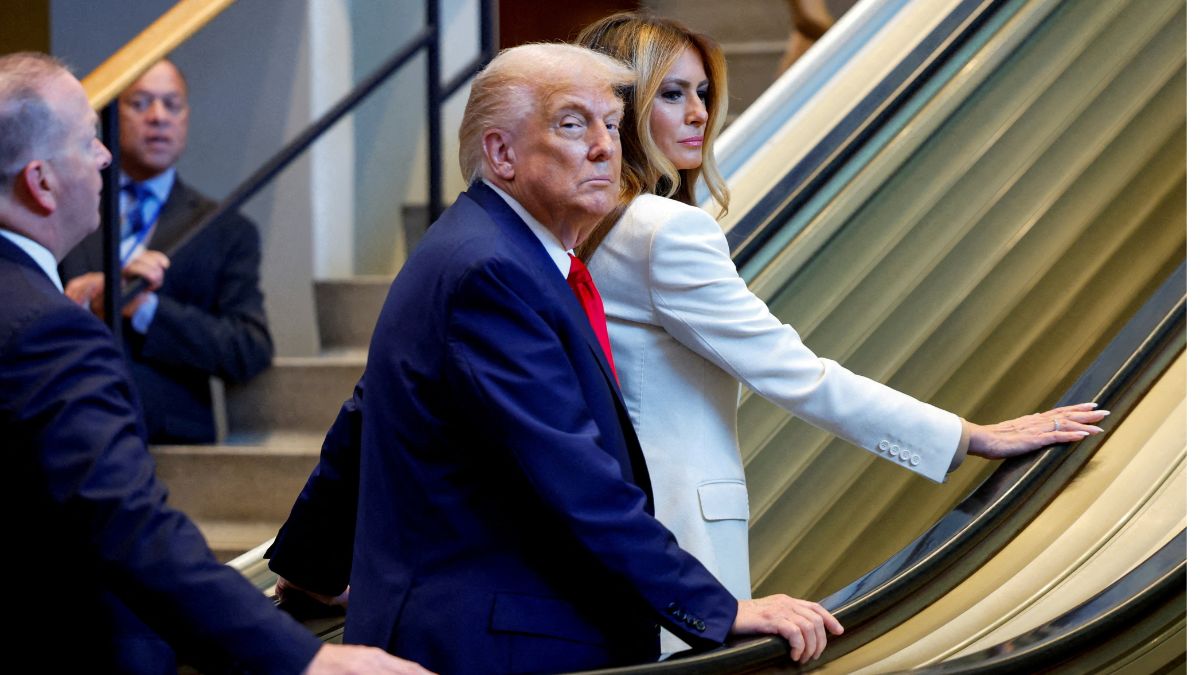)
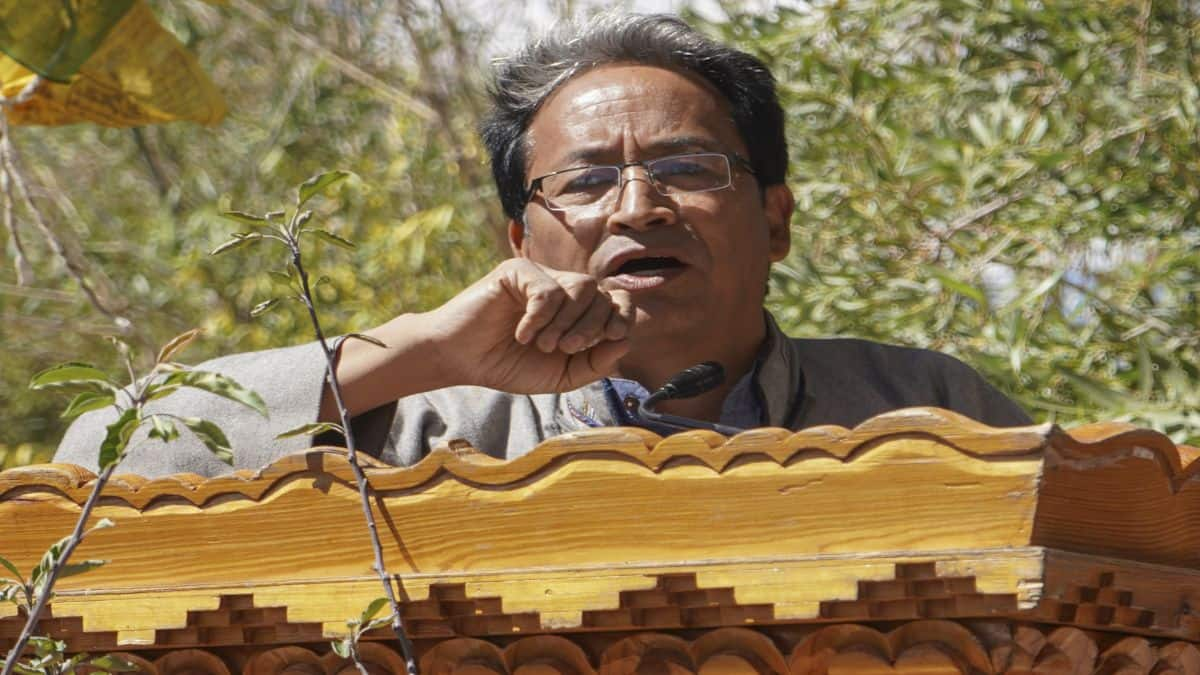
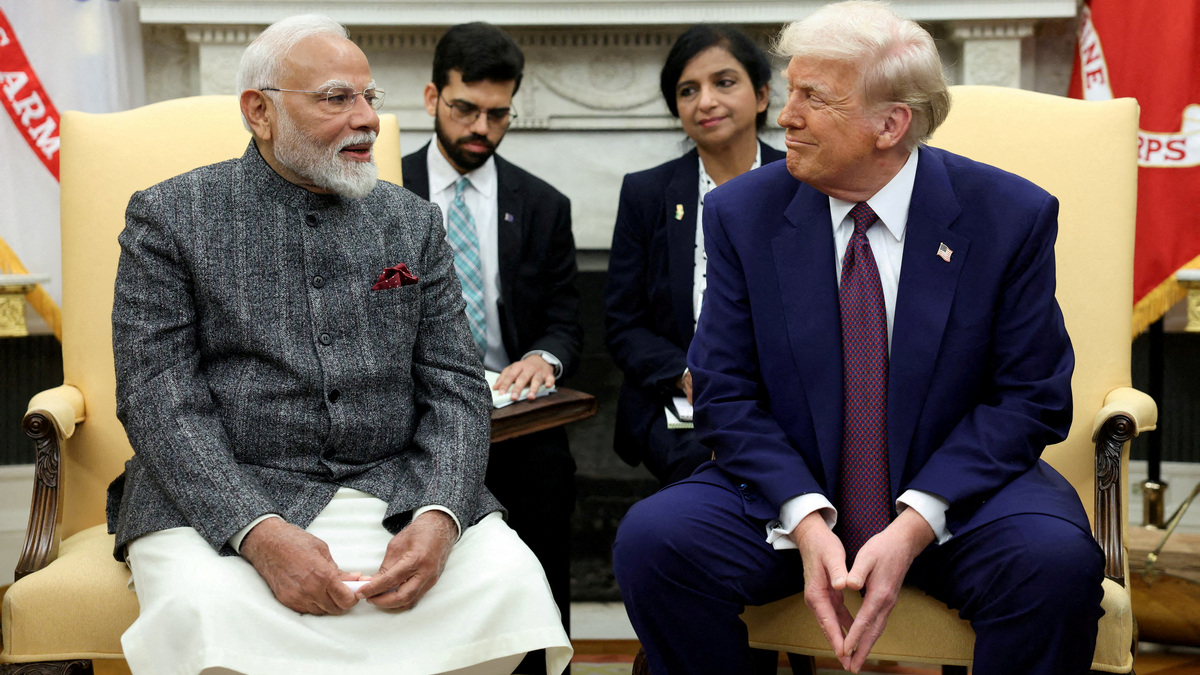)
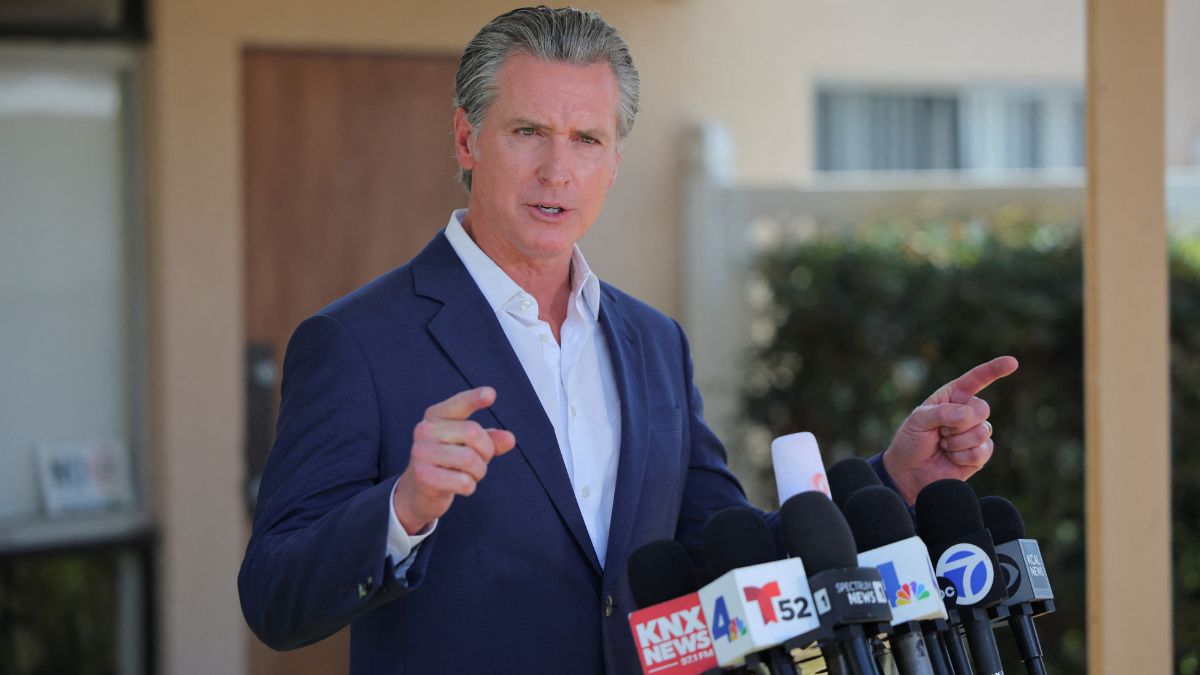)
)
)
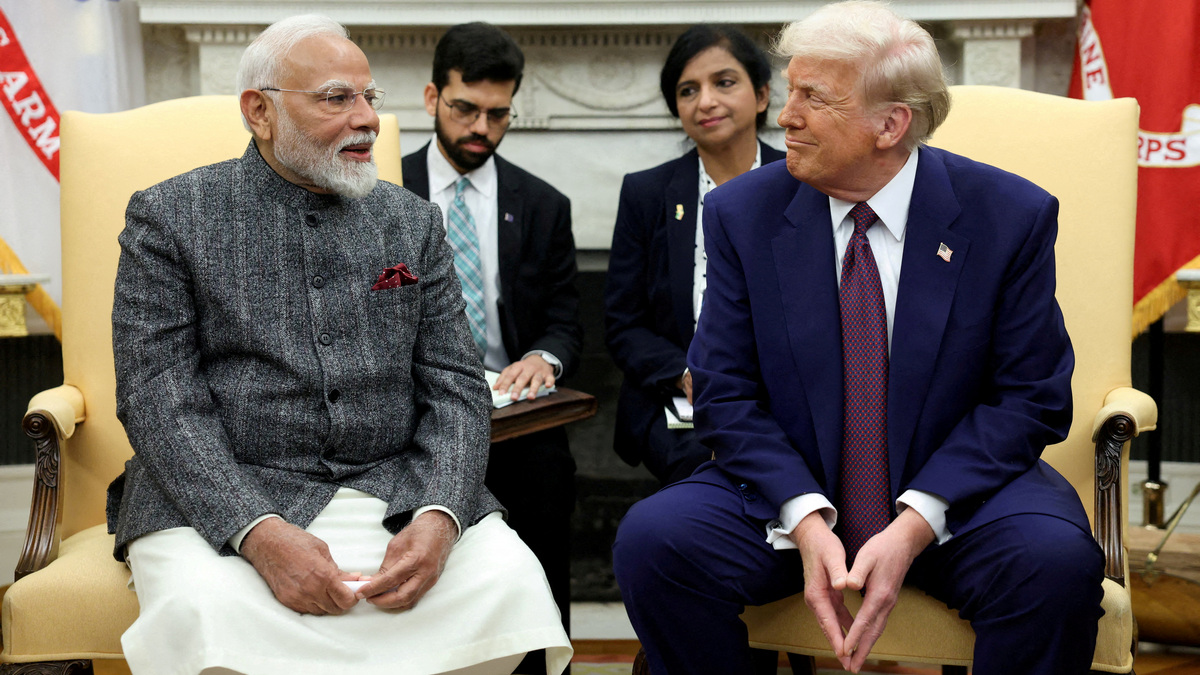)
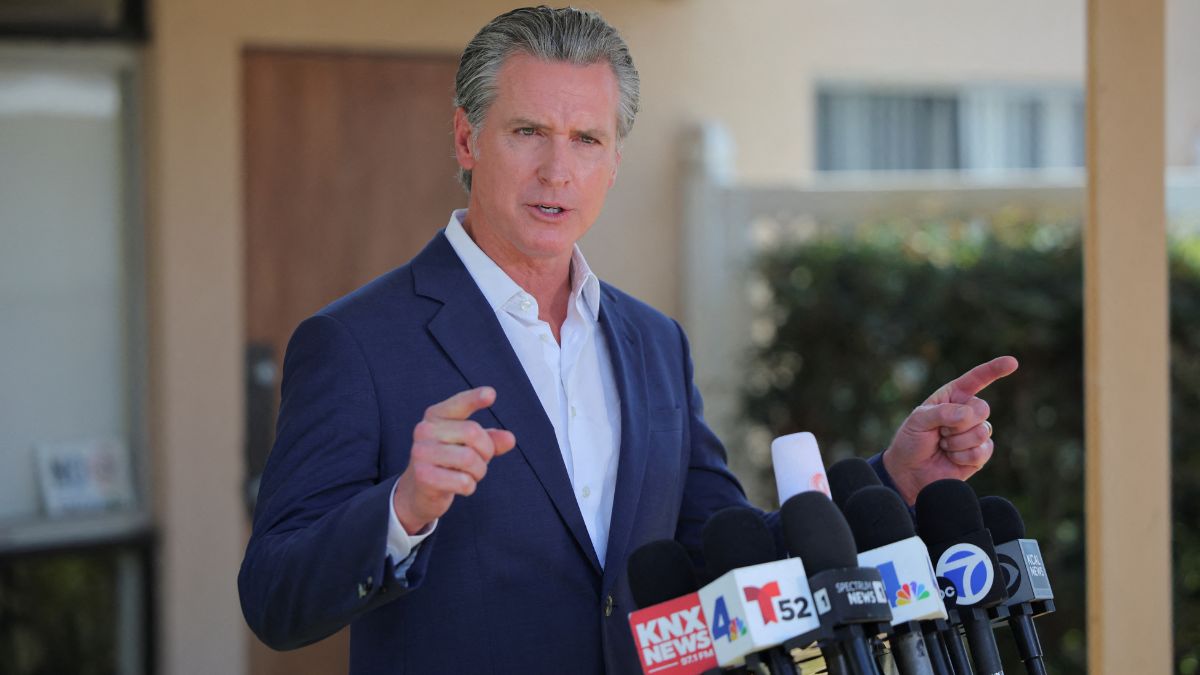)
)
)



